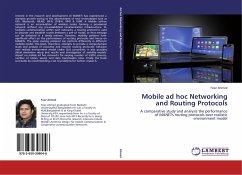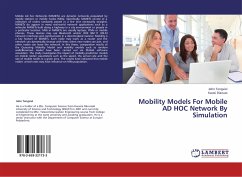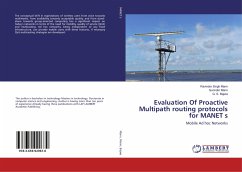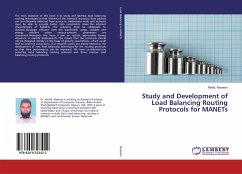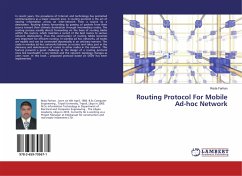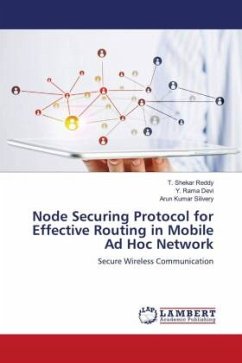Interest in the research and development of MANETs has experienced a dramatic growth owing to the advancement of new technologies such as GPS, Bluetooth, WLAN, Wi-Fi, DVB-H, RFID & UWB. A Mobile ad-hoc network is an accumulation of wireless nodes forming a provisional network without any pre-established communication infrastructure. To facilitate communication within such networks, a routing protocol is used to discover and establish routes between a pair of nodes, so that message can be delivered in a timely manner. However, mobility patterns have significant effect on the performance of routing protocols and hence on MANETs. The same routing protocol can perform differently in different mobility model. This book, therefore, attempts to provide a comprehensive study and analysis of proactive and reactive routing protocols' behavior over realistic environment model under QoS constraints. It also provides detail simulation setup and results and investigation of mobility models' impact on mobile ad hoc networks for varying number of traffic sources, number of nodes, speed, and data transmission rates. Finally the book concludes by recommending a set of problems for further research.

